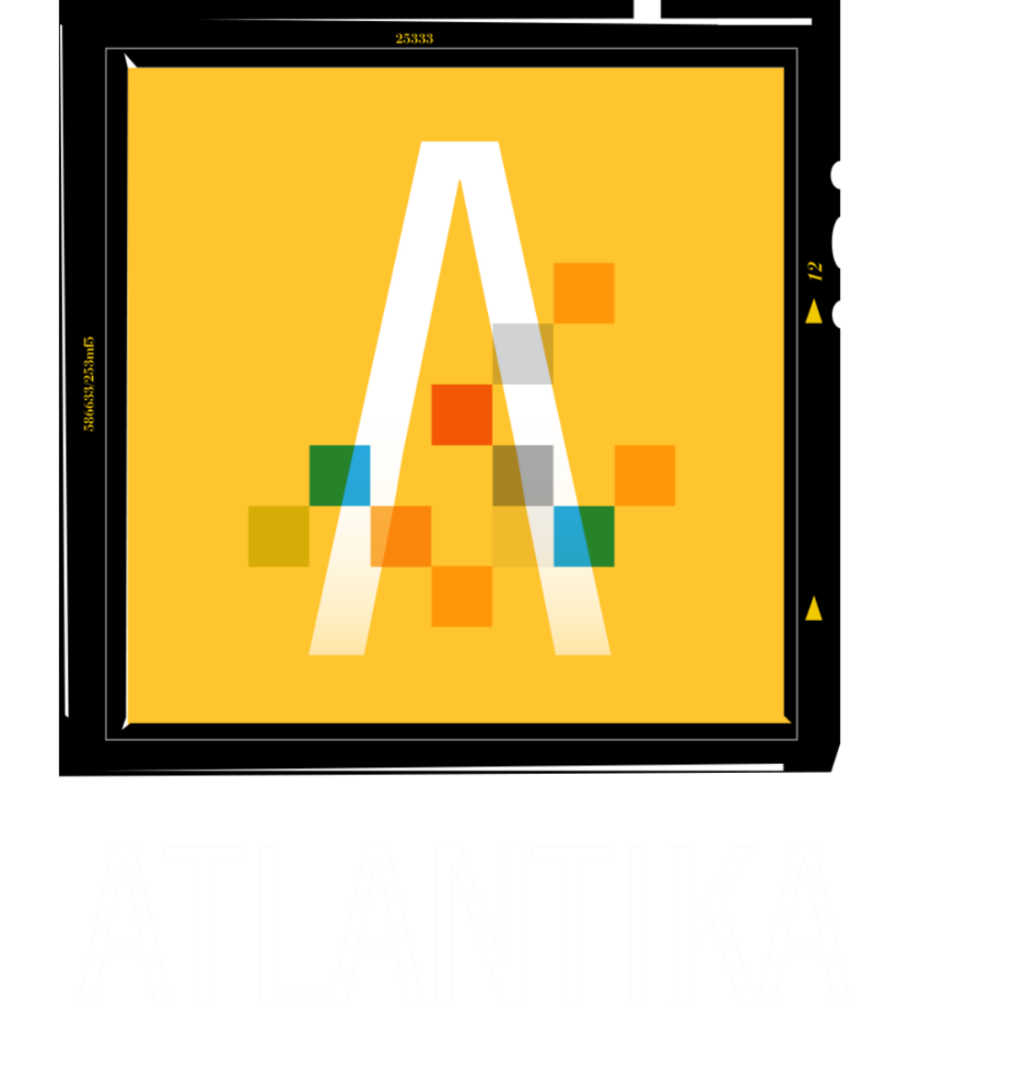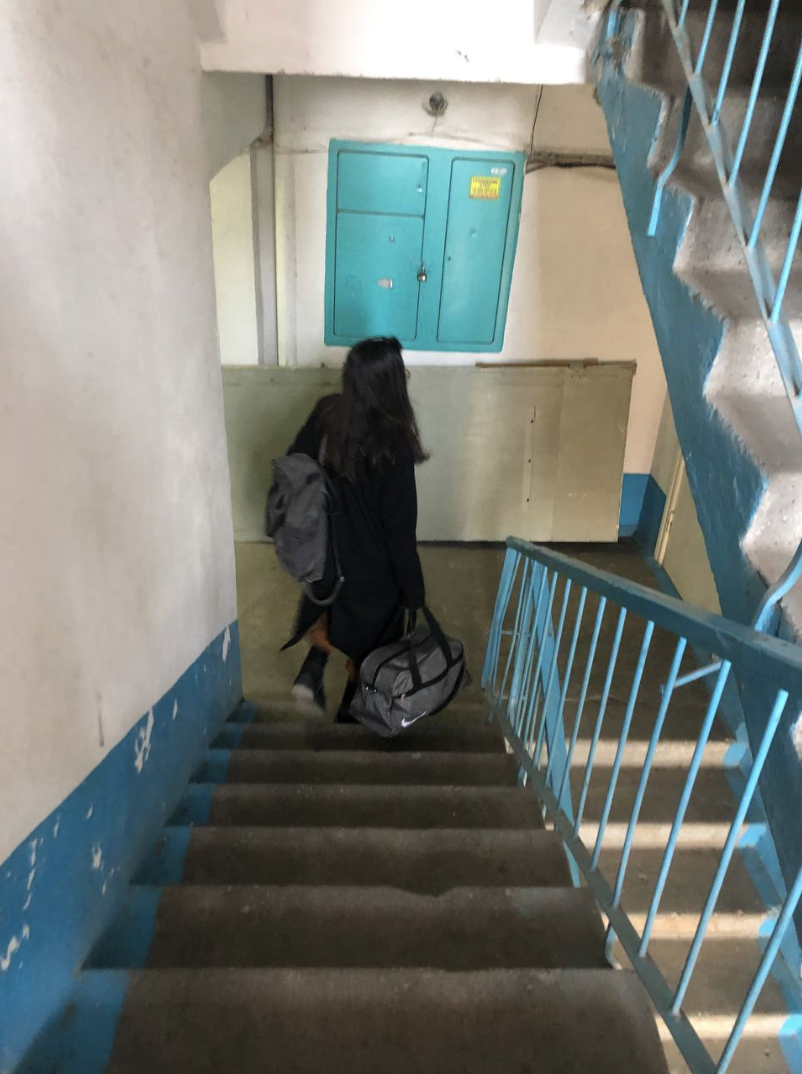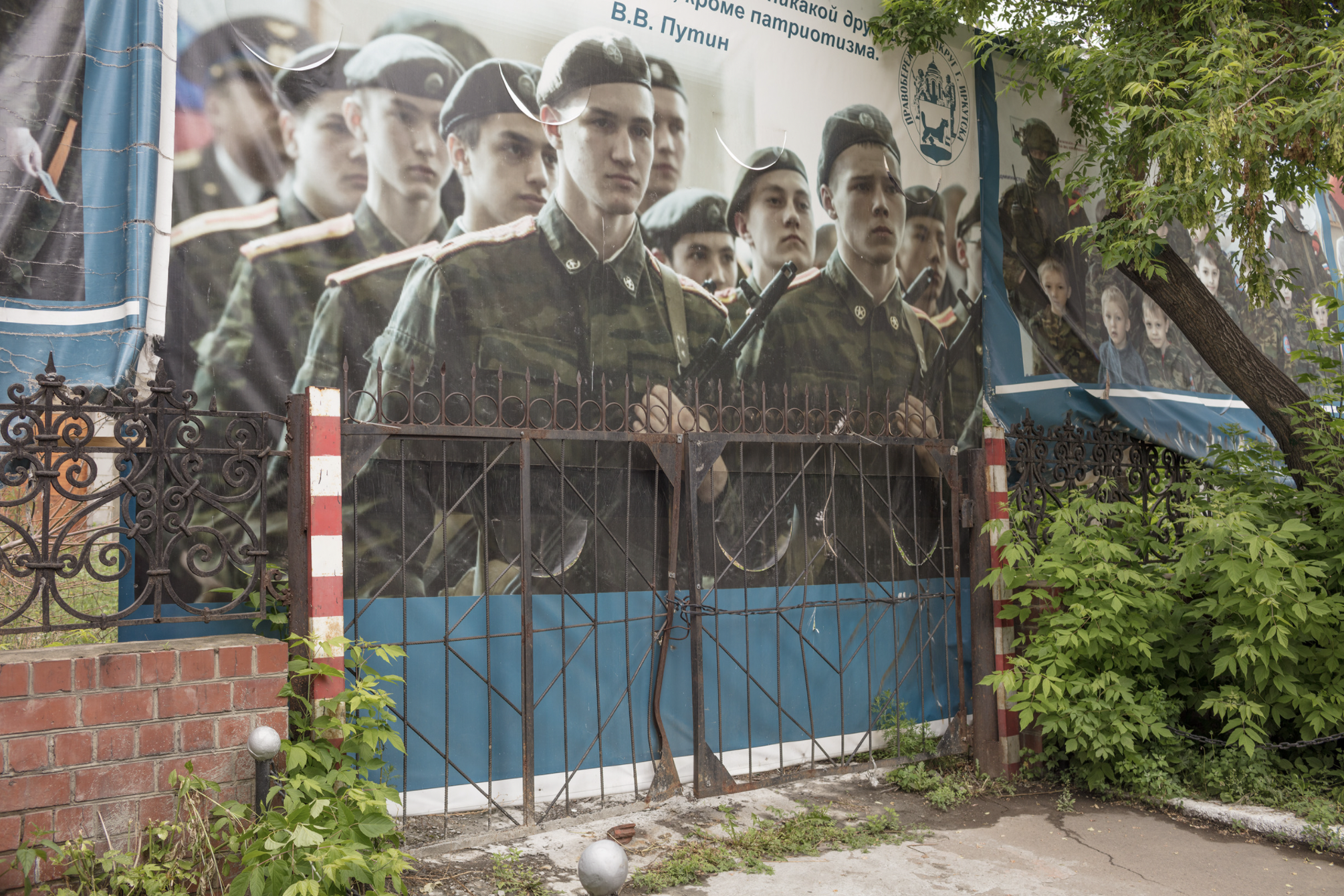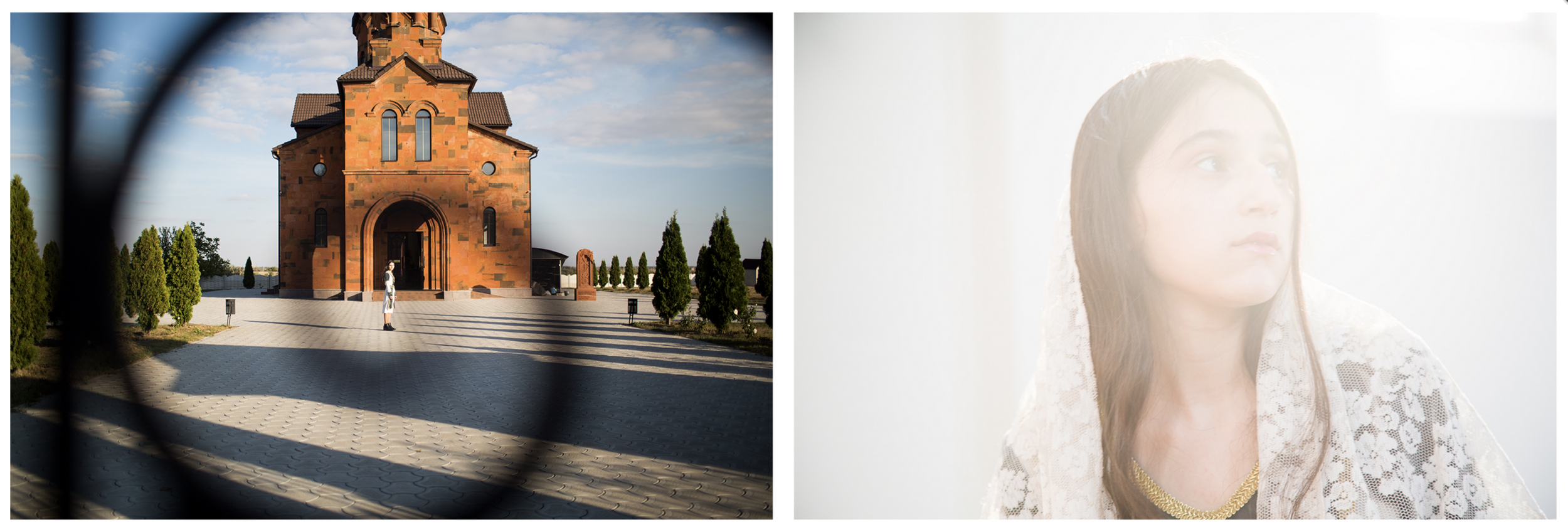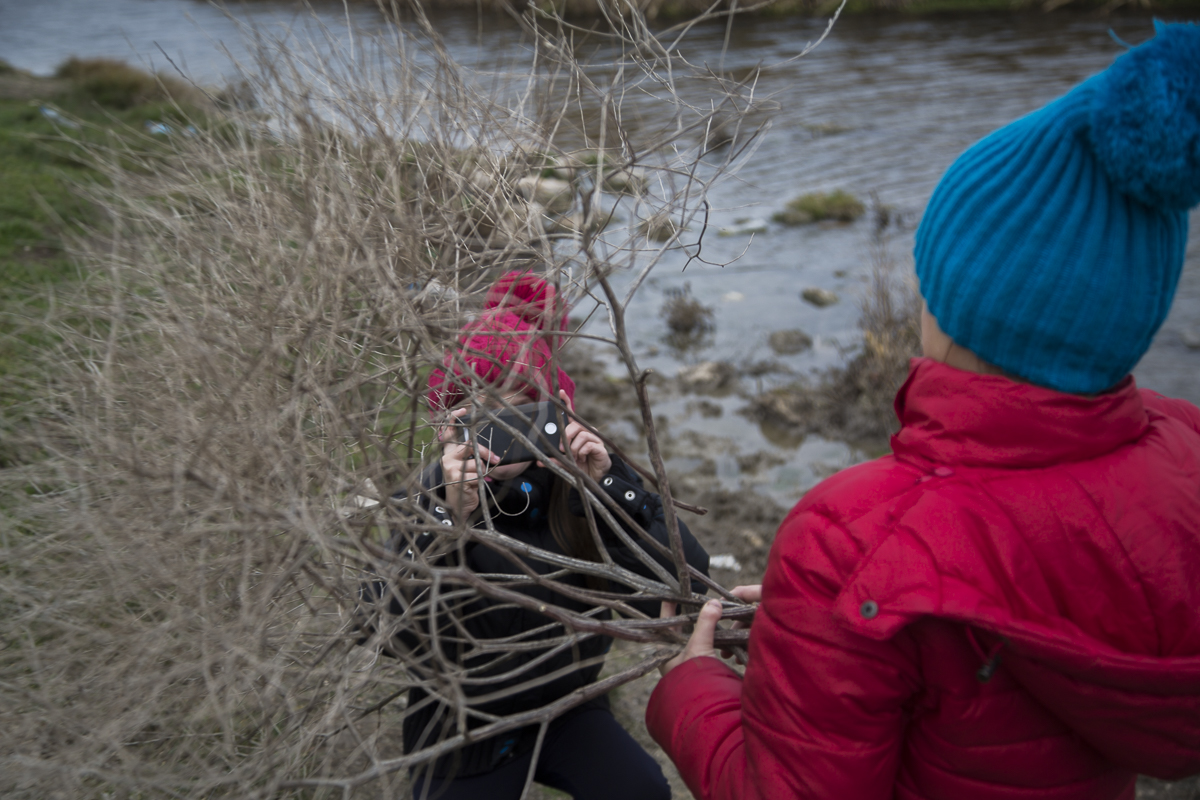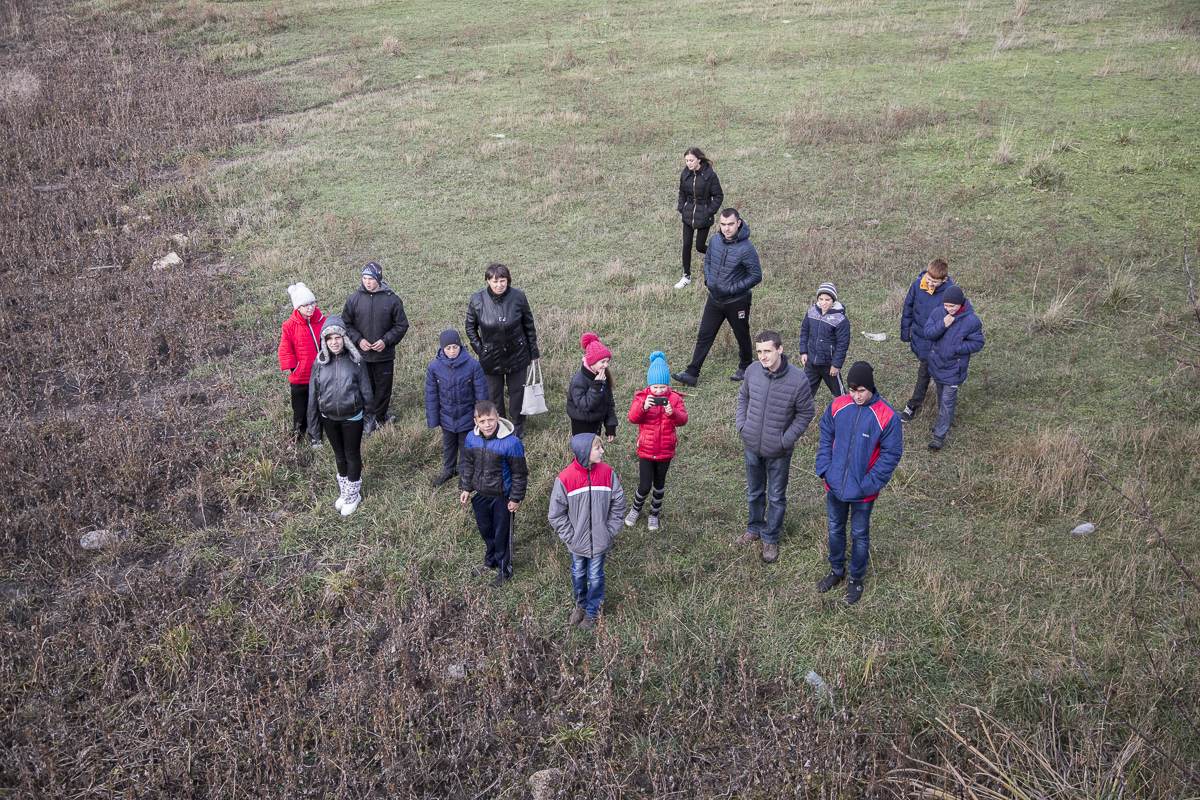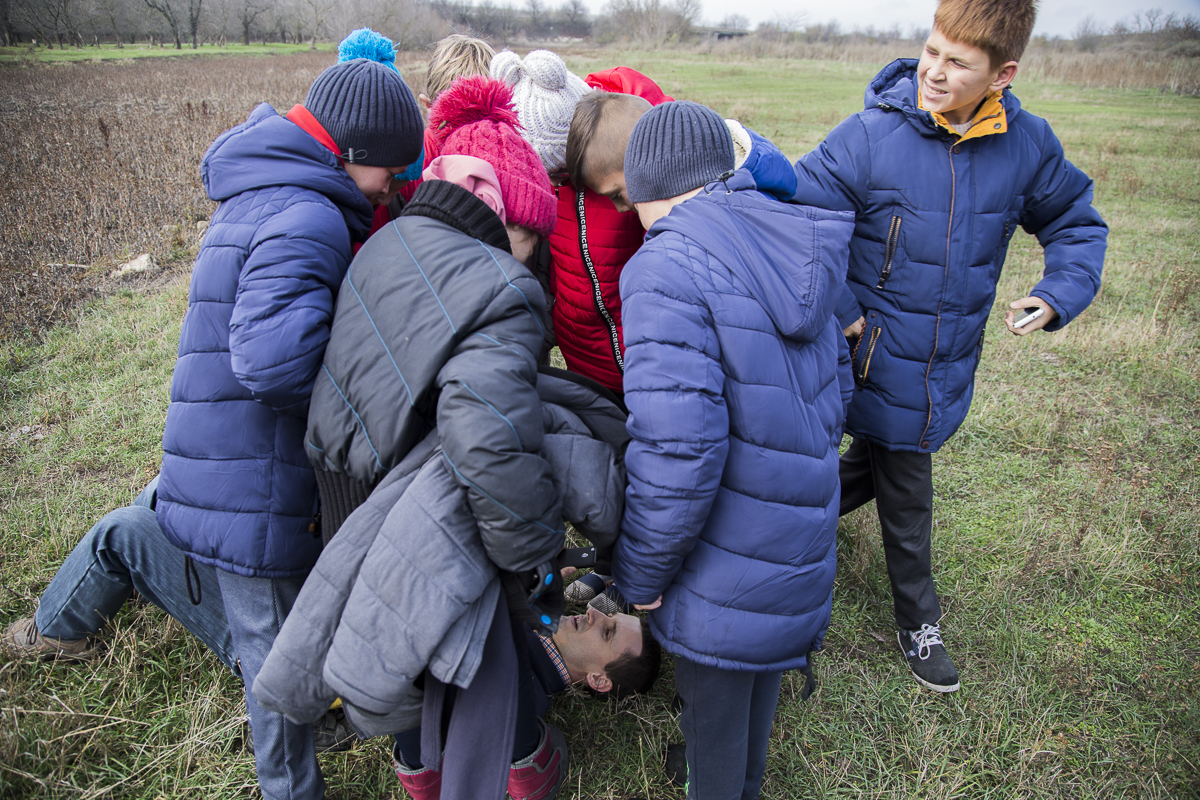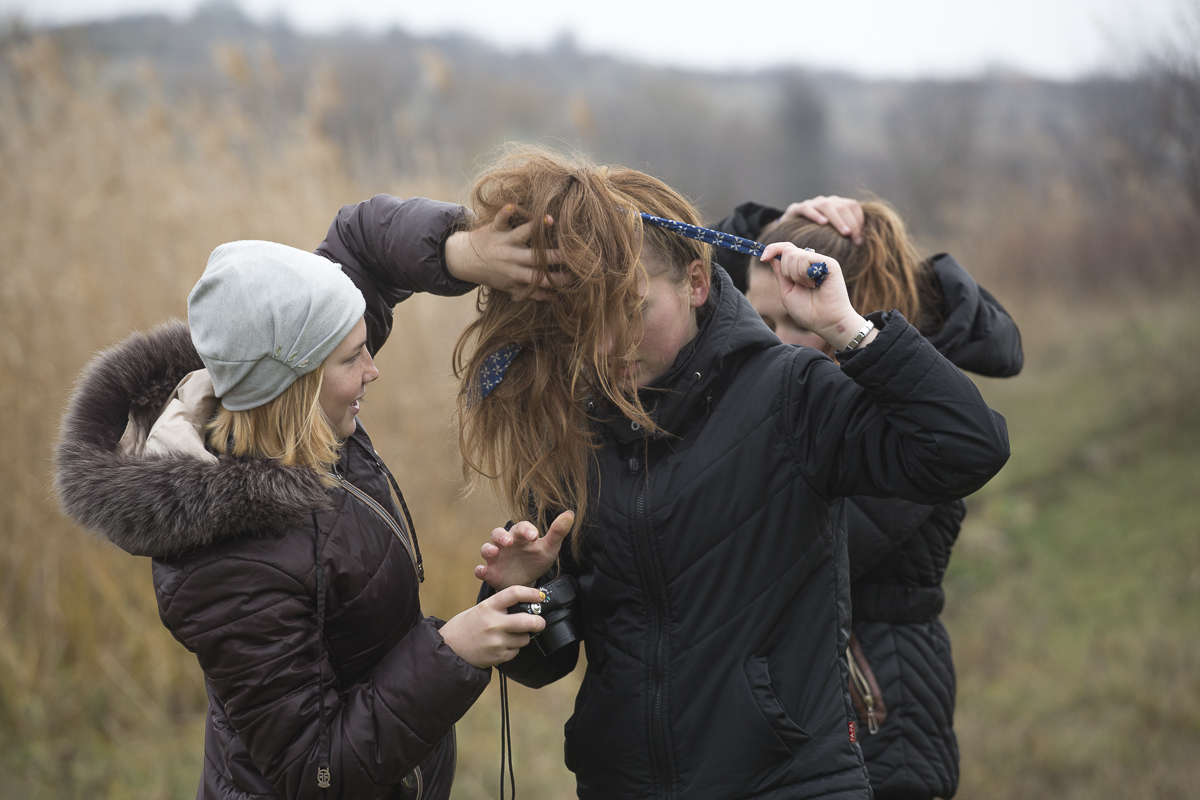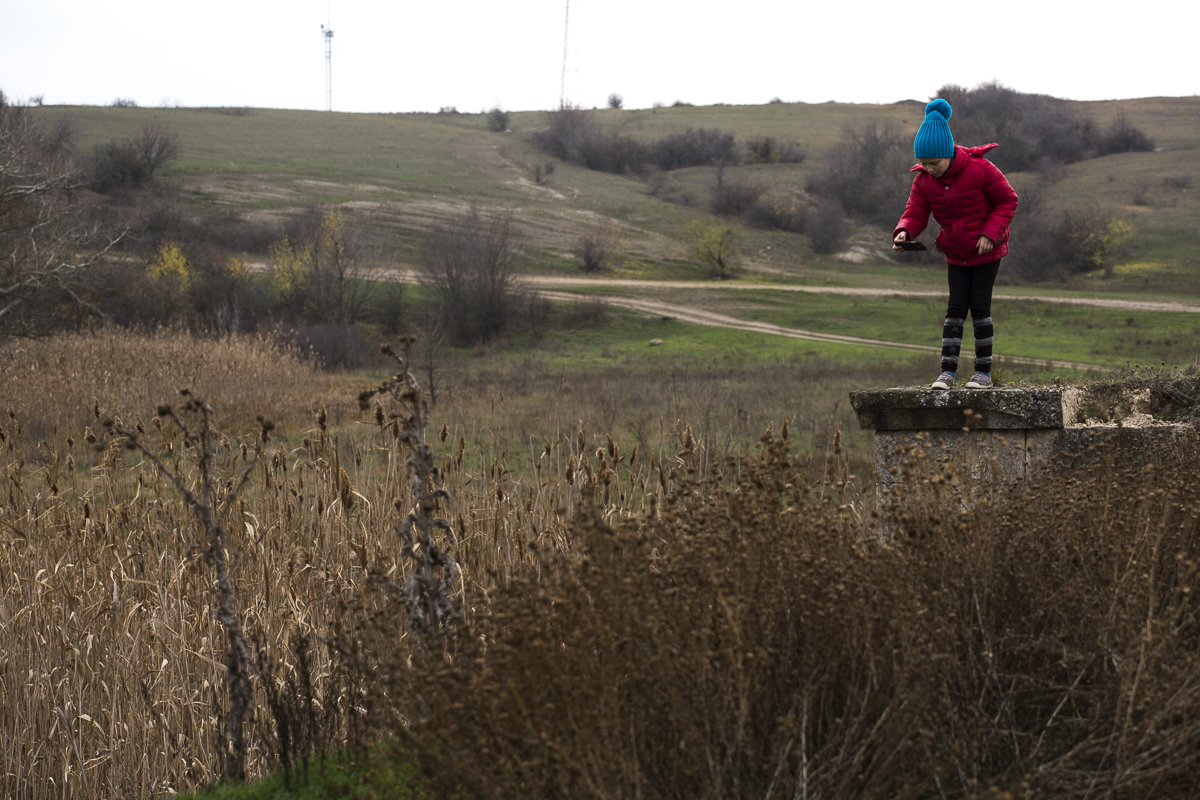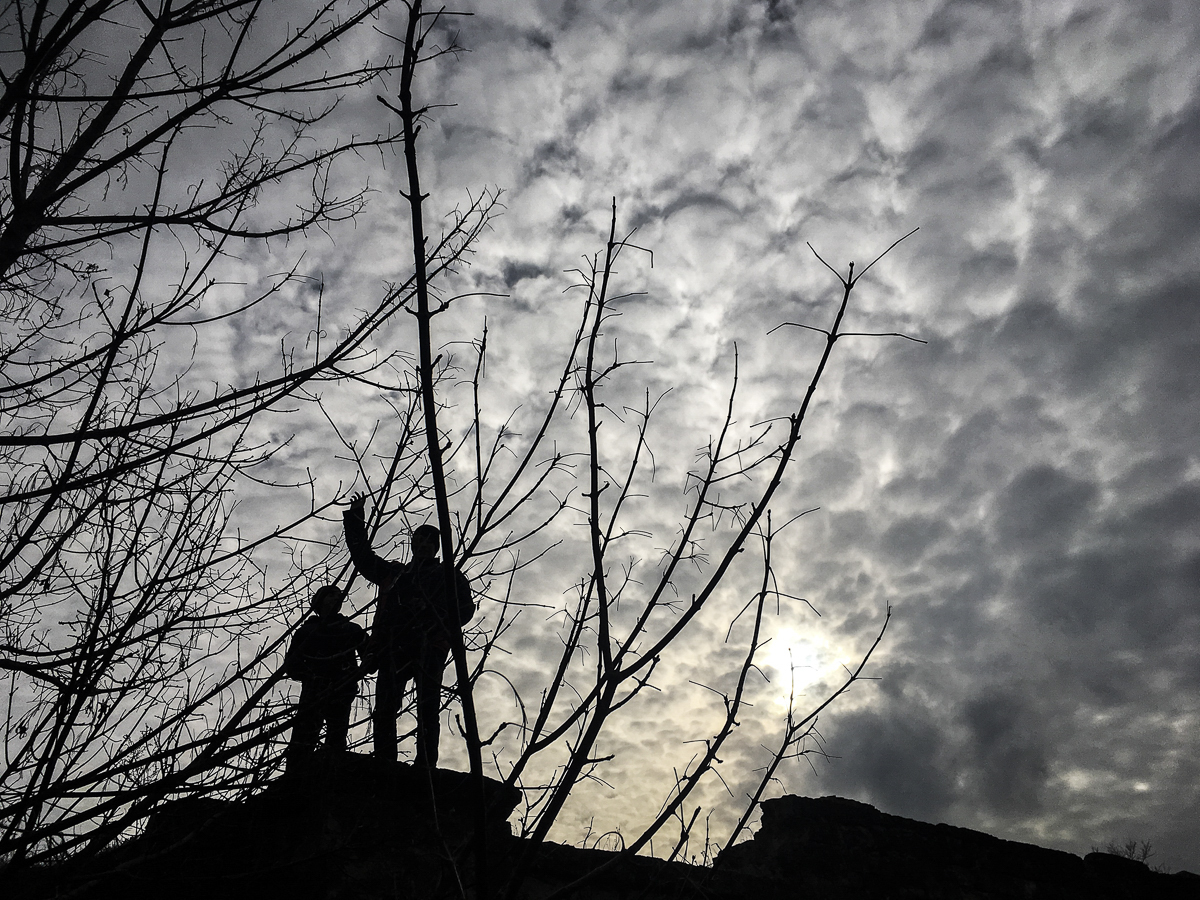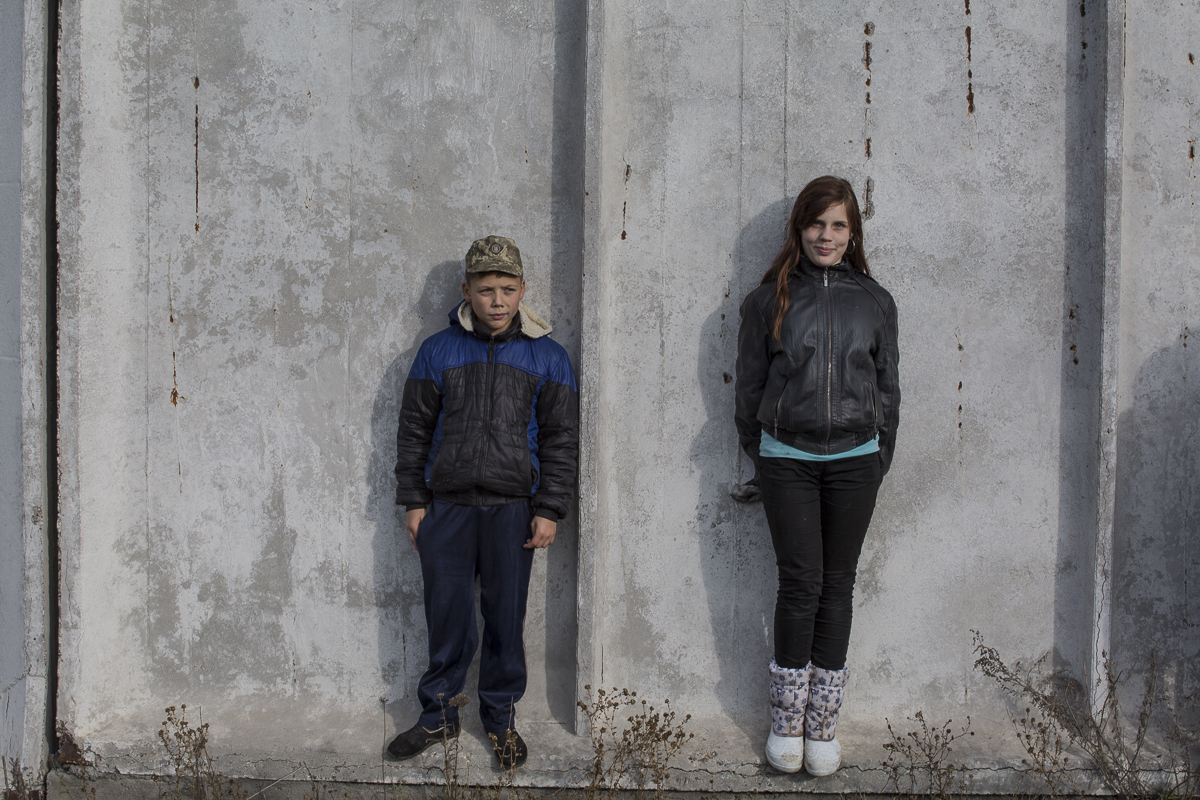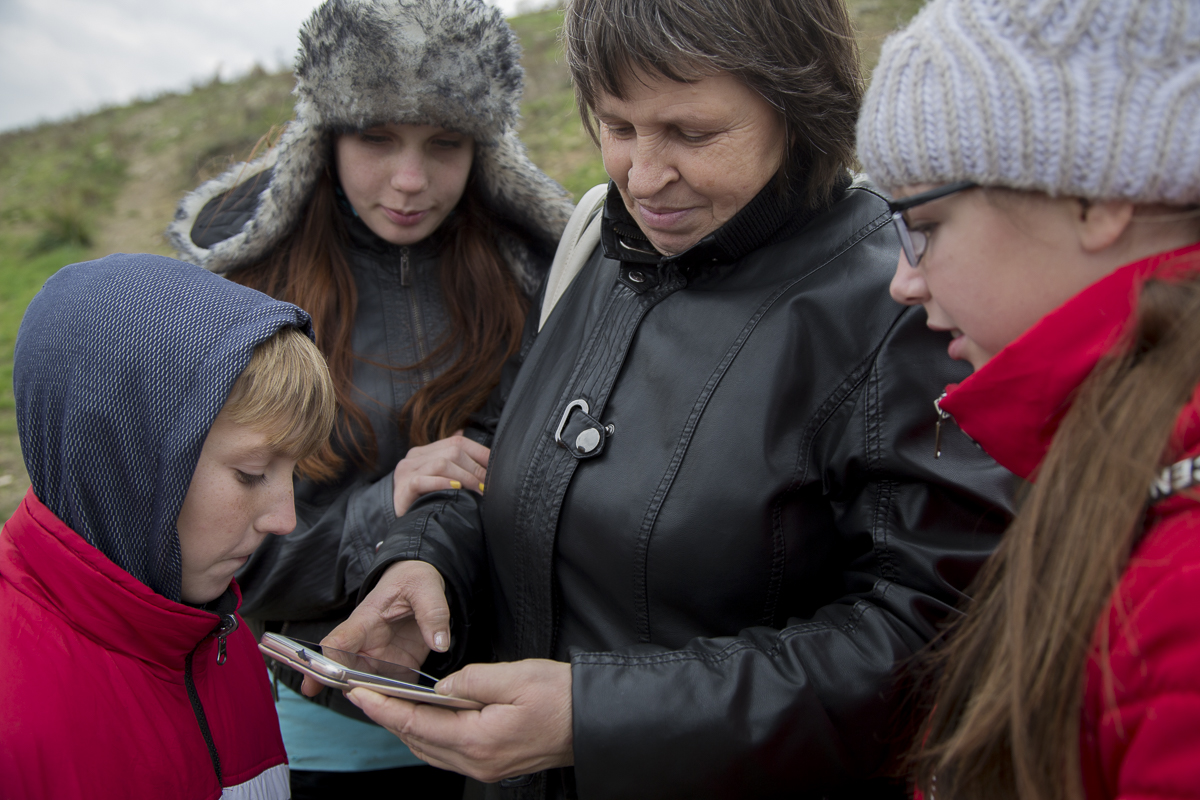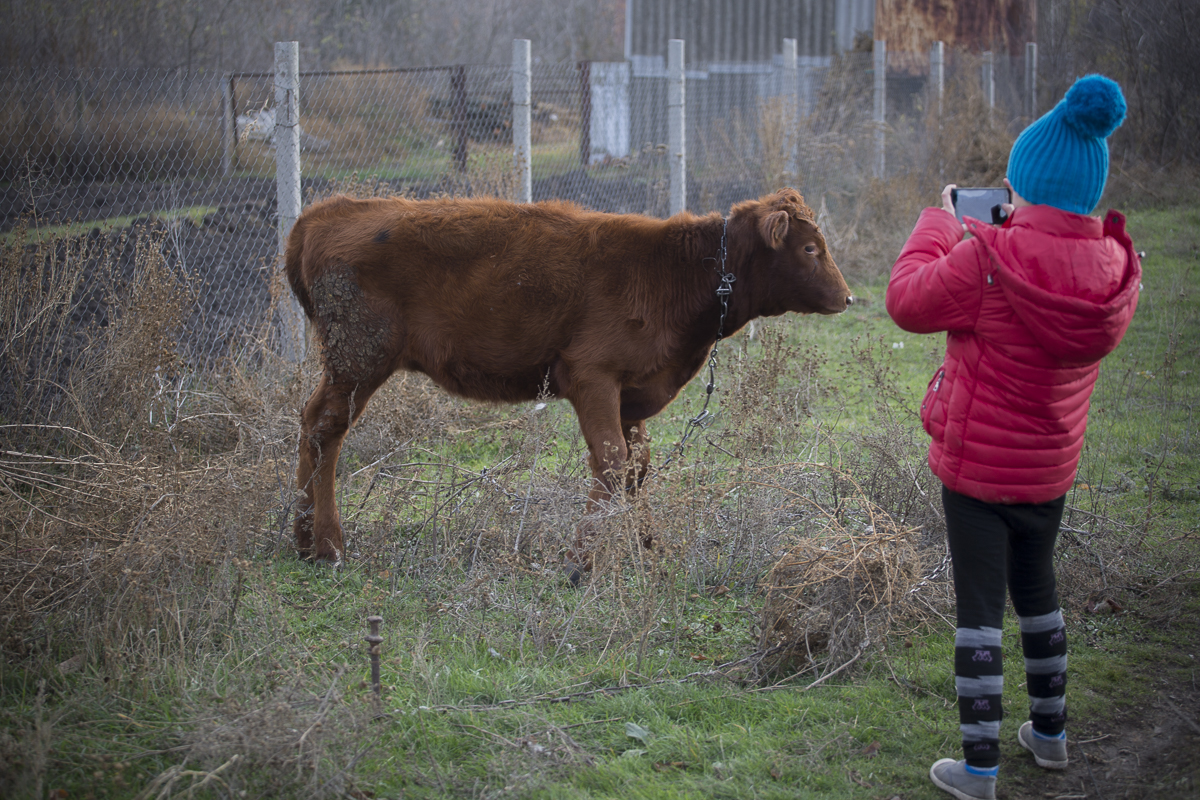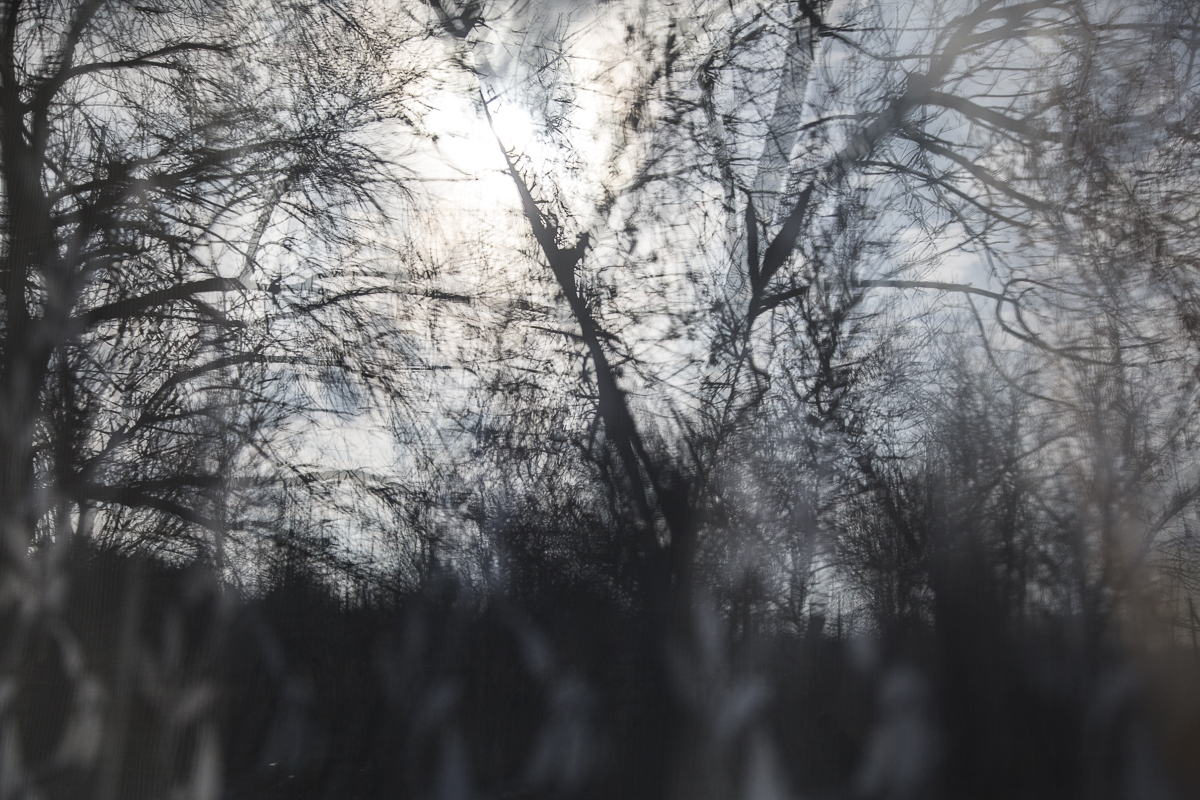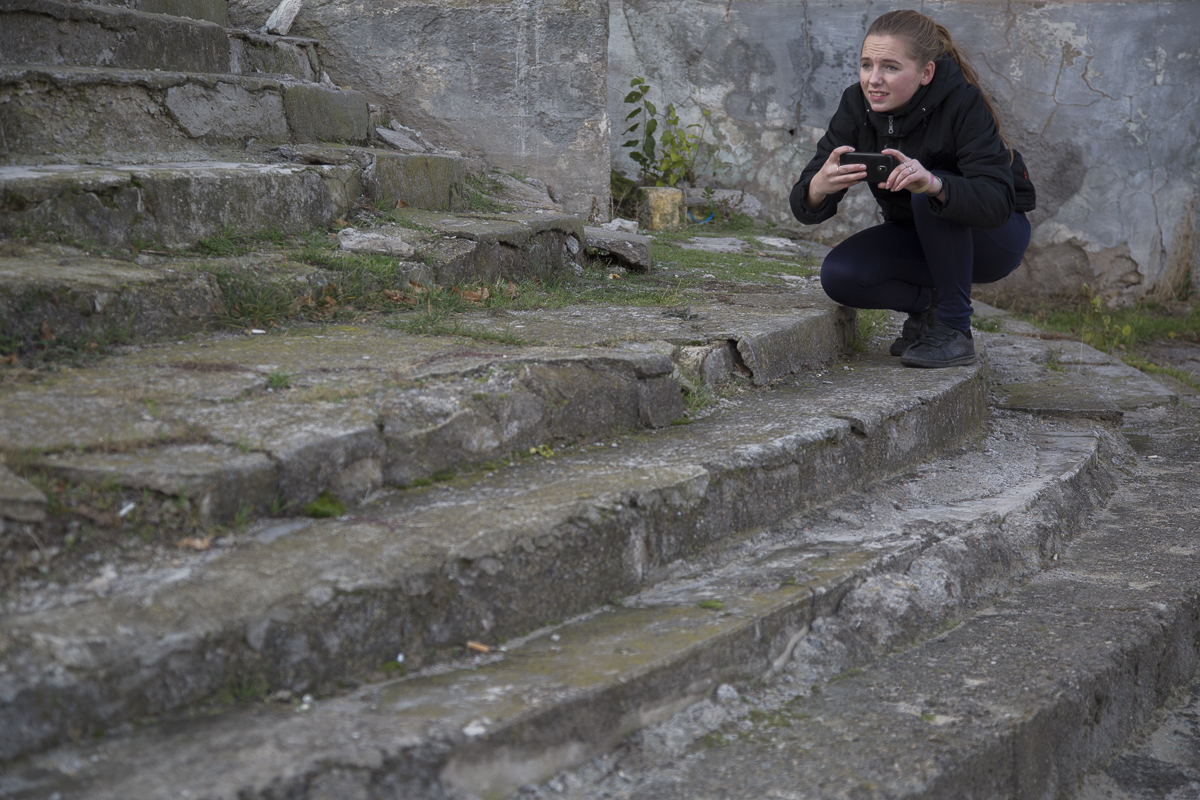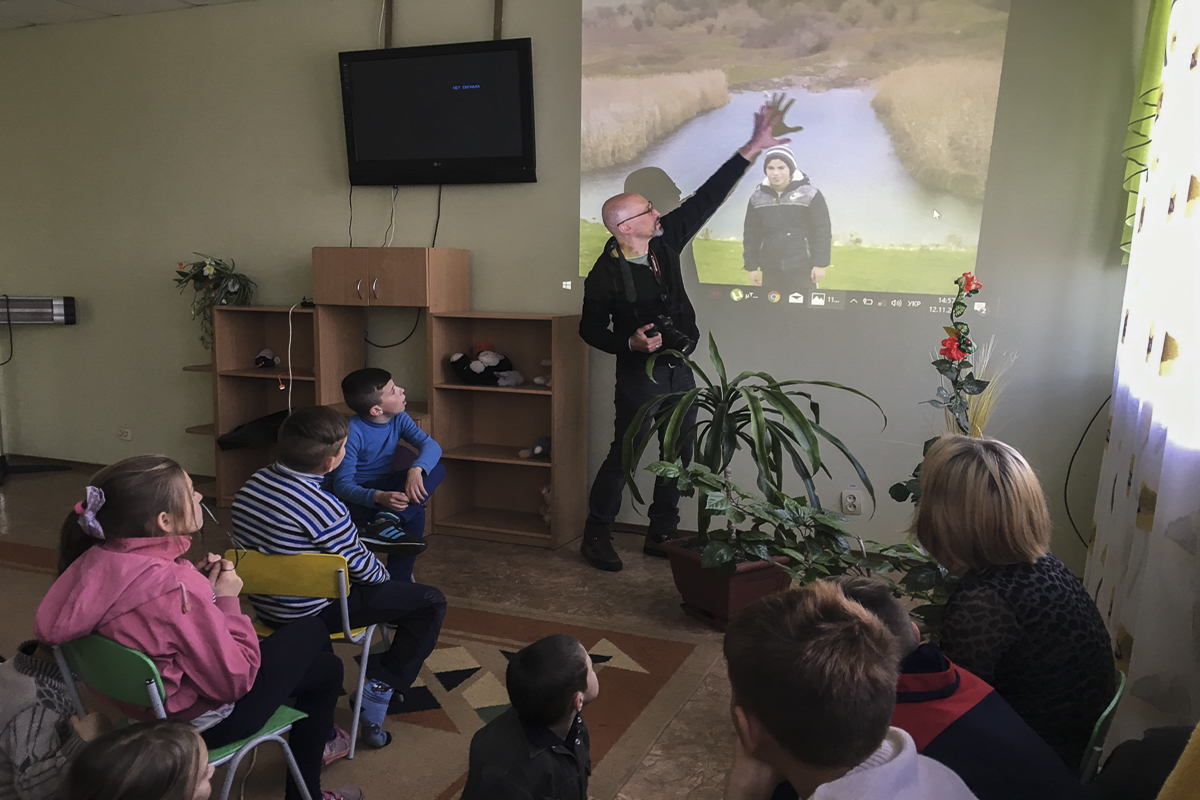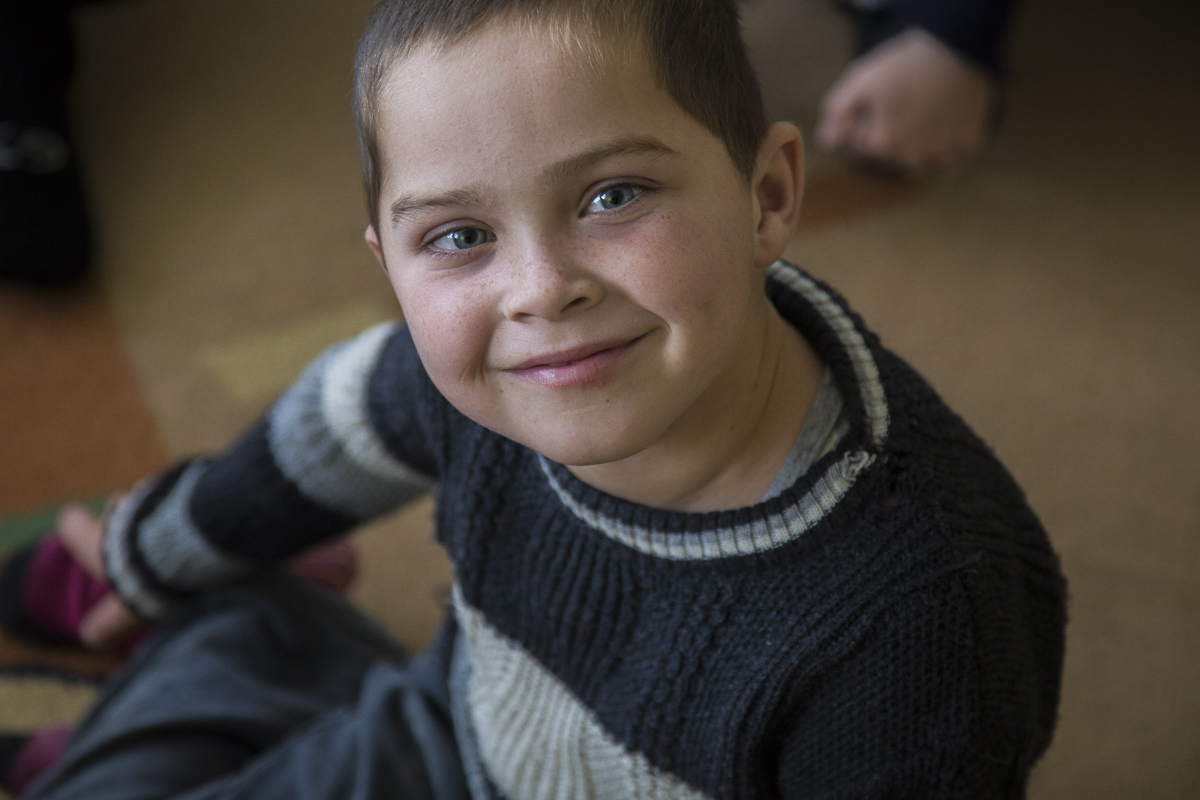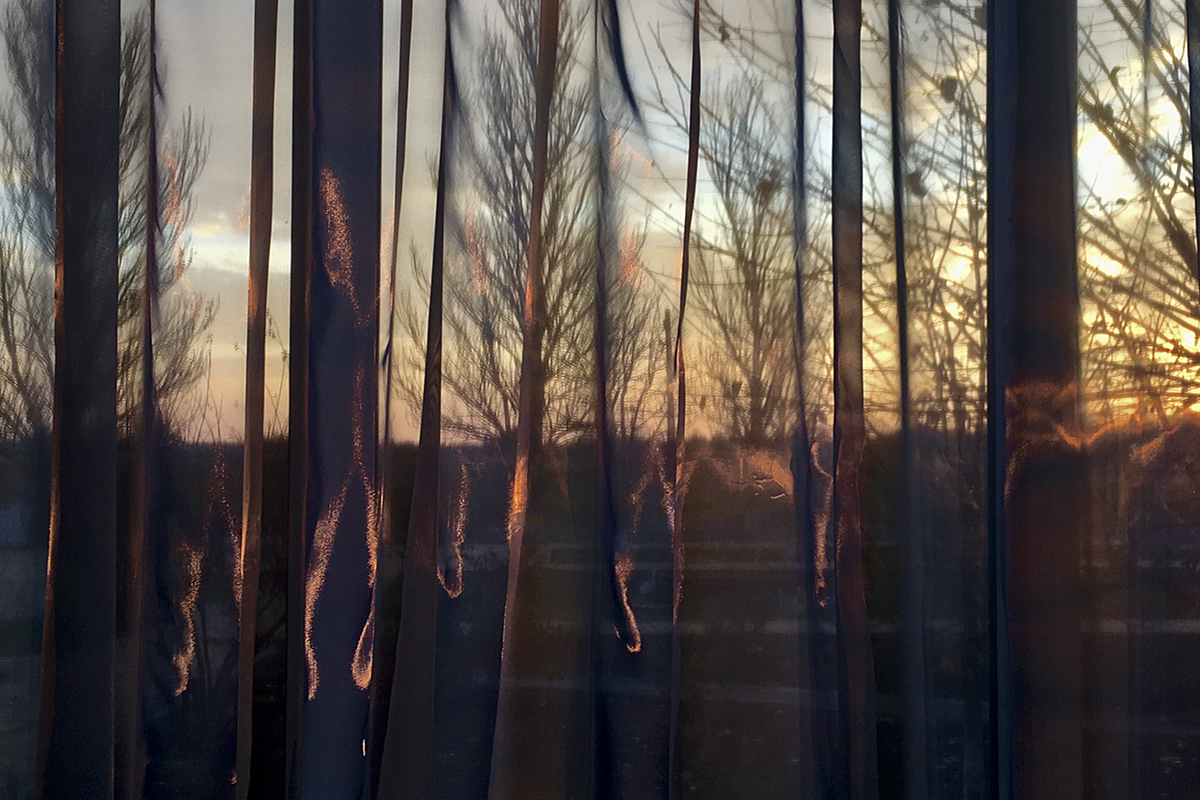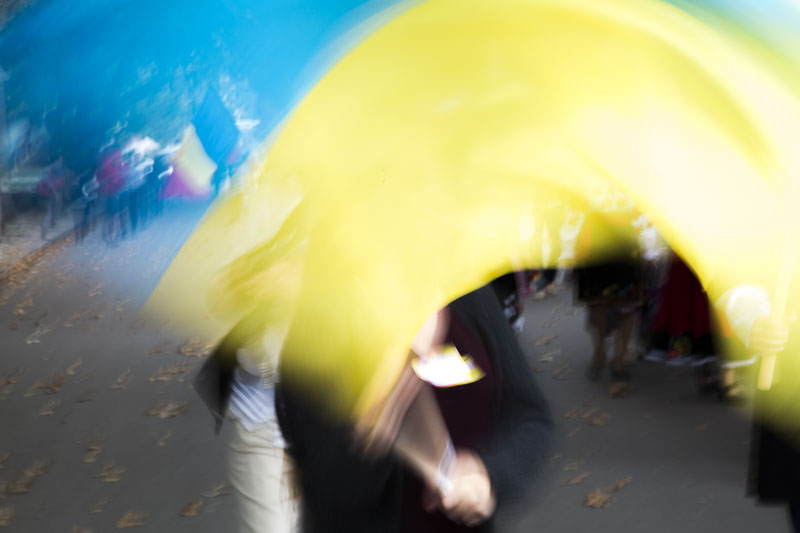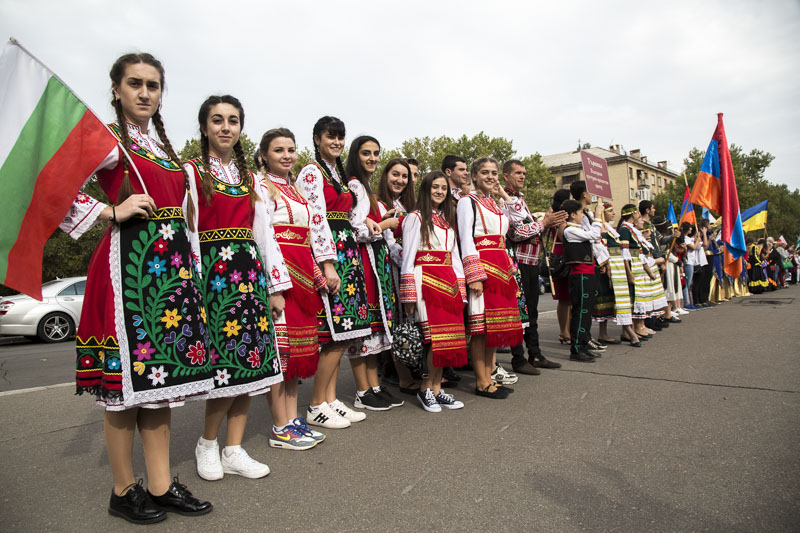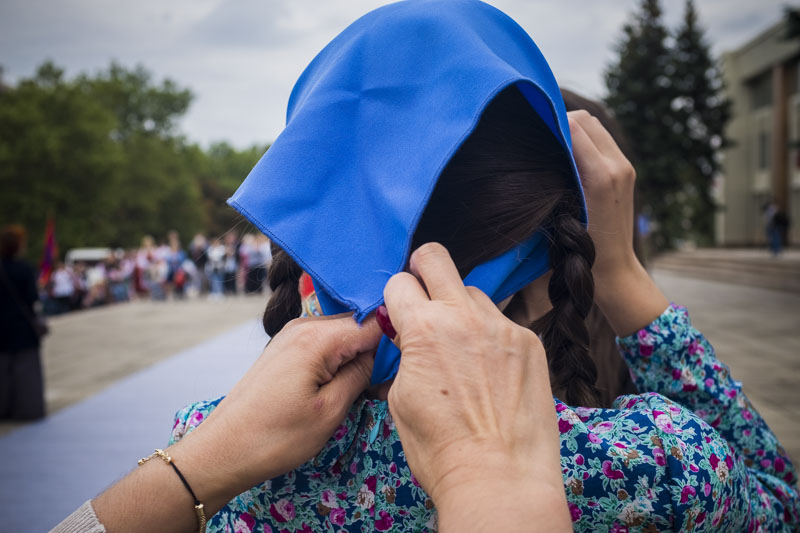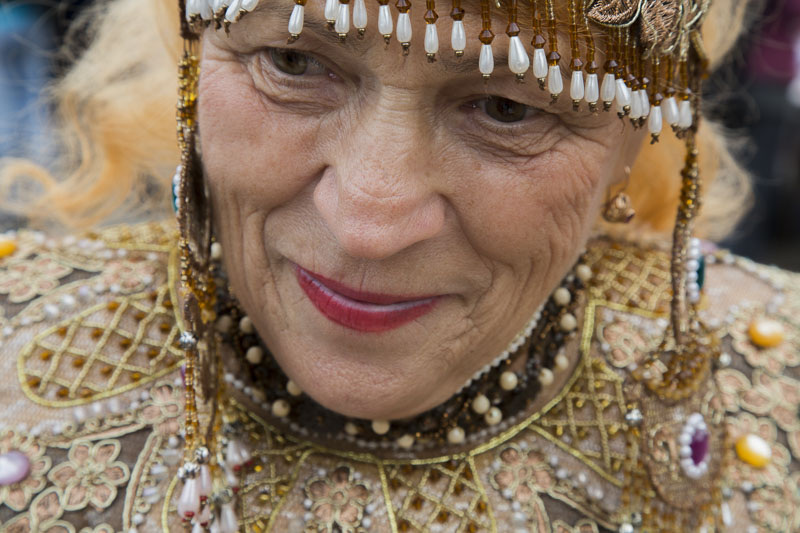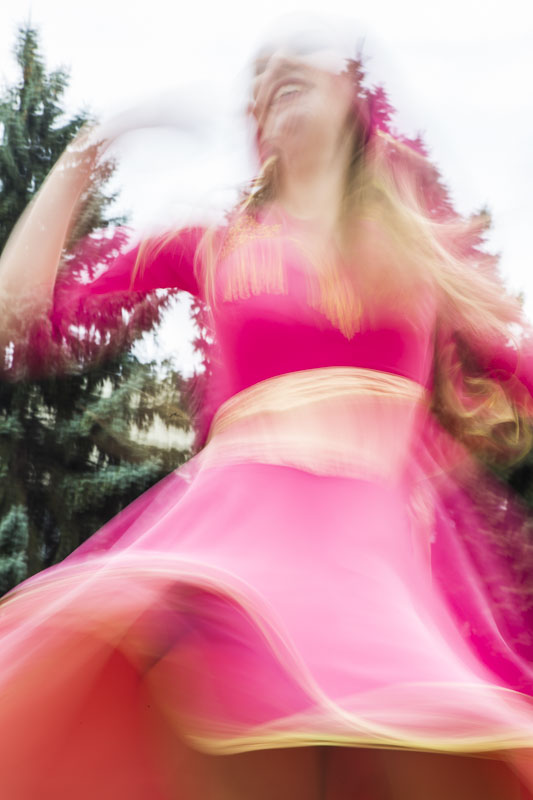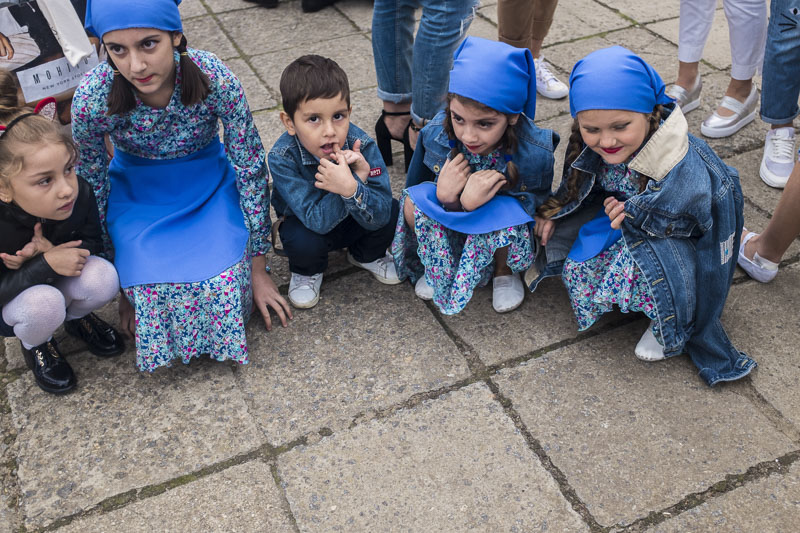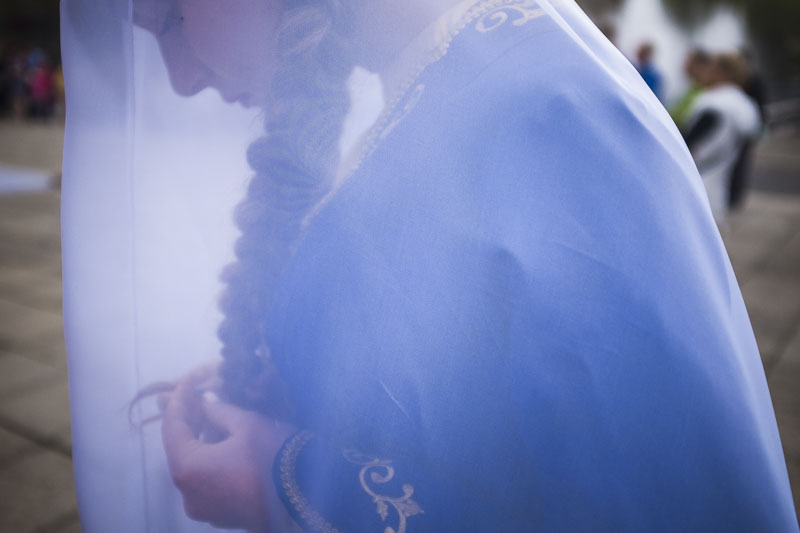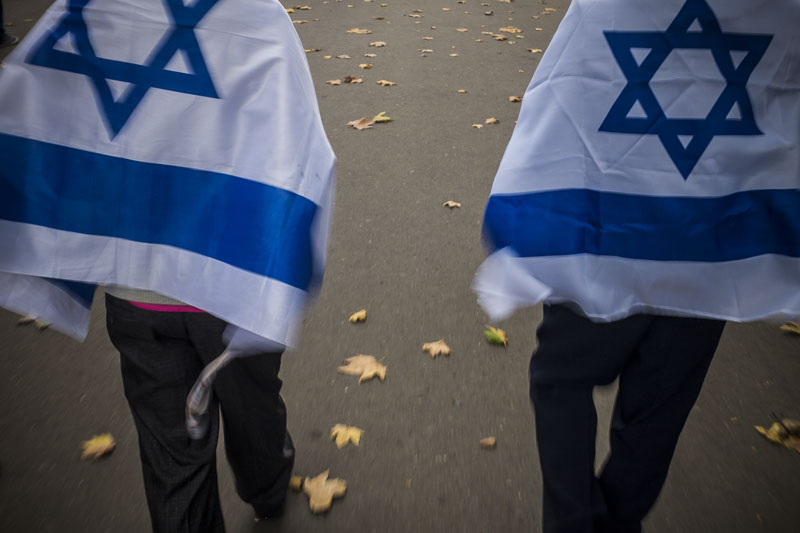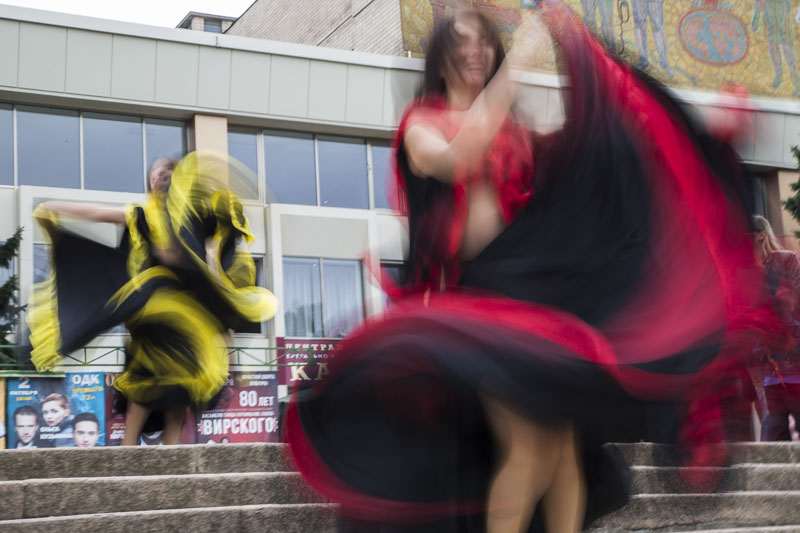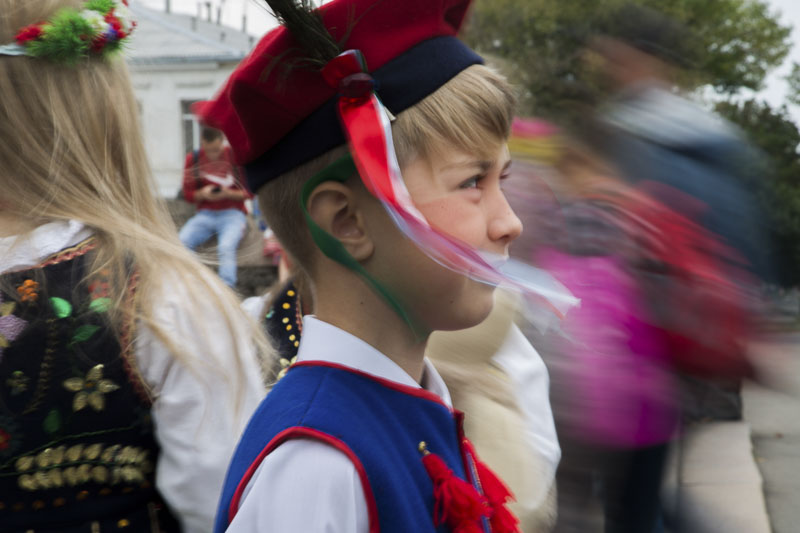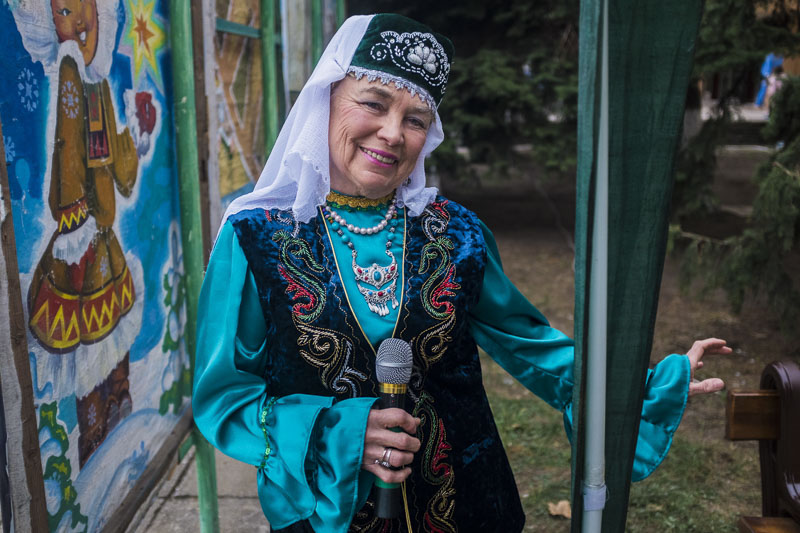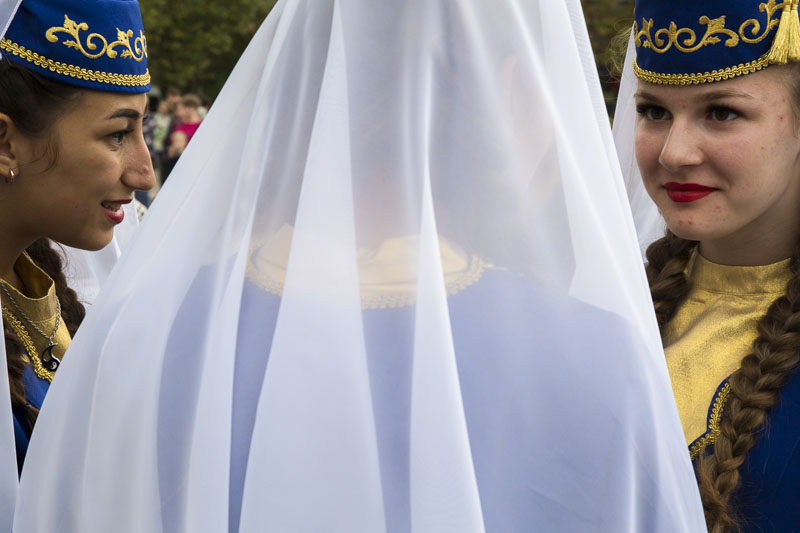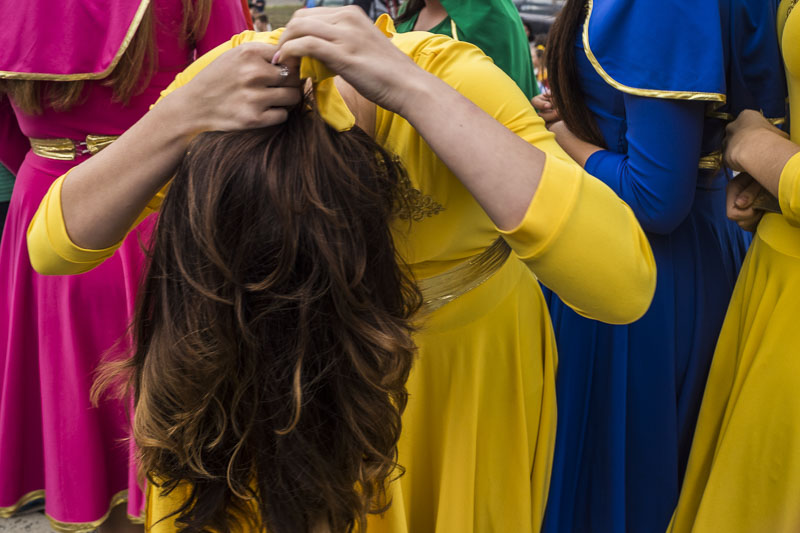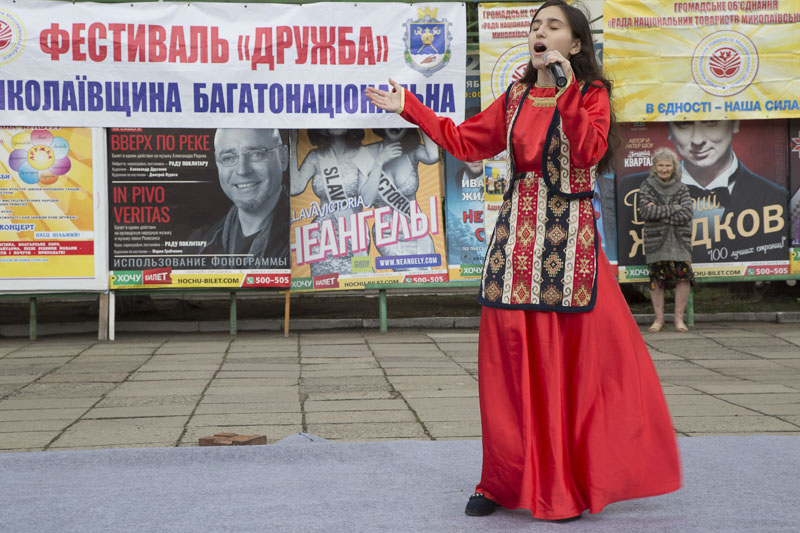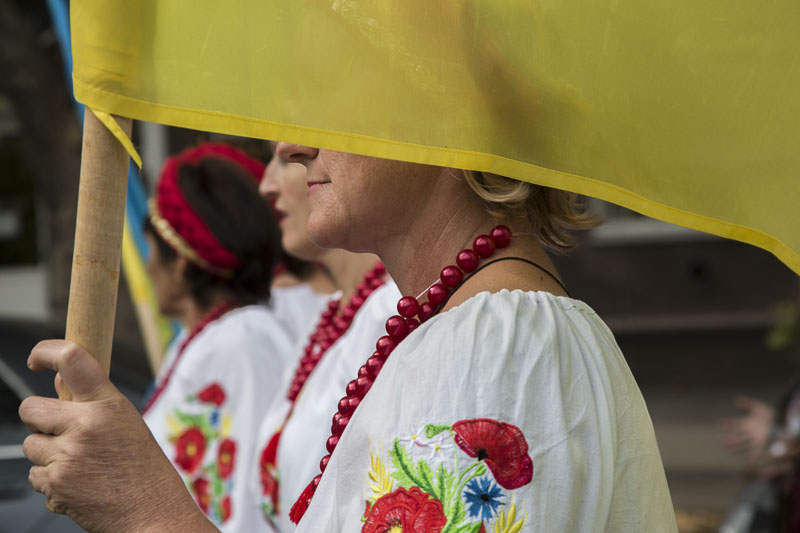by Zhanna Ohanesian
I am only 21 years old and I have seen two wars in my life. The first, in my ancestral homeland, in Nagorno-Karabakh, the second – in Ukraine, where I was born and where I live. I tried to write this text to gather my own thoughts and tell you about how I am going through these wars.
The author aided children affected by the war in Nagorno-Karabakh in 2020. The conflict was the first of two she has experienced in her 21 years.
Black Garden or as the Armenians say – Artsakh
The war in Karabakh began in the fall of 2020. I would describe my feelings during the 44 days of the war in one word: agony.
During the war in Artsakh I did not want to live. I said to myself: am I worse than those 17-year-old, 20-year-old boys who are dying there now? I am not better than them. Why do I live and they do not? I said to myself: this is unfair.
It was hard for me. Hard to eat, sleep, study and work, as everyone else next to me in Ukraine did. People did not understand that my soul was in hell and I could not condemn them. I had no idea what others thought when they saw me, but I knew they could not even begin to imagine what was happening inside of me and how deeply terrible I felt.
You have to volunteer if you do not want to become a complete madman
I volunteered during every single day of the 44-day war in Nagorno-Karabakh. Volunteering is throwing all your strength into a battle, squeezing it to the last drop.
The author, Zhanna Ohanesian, poses with several other children she worked with during the aftermath of the Nagorno-Karabakh war.
I disseminated information, wrote to international organizations. I collected material aid for war victims and refugees.
During the Karabakh war, I was too young and too emotional. Everyday, I watched a lot of negative videos, wrote aggressive comments, entered into negative discussions on social media, and read a lot of news about death. I was killing my nervous system.
In wartime, it is more important than ever to be assembled, to store your energy, to direct it in the right way.
After the bloody war in Karabakh ended, we continued to help. In the spring, I realized I wanted to go to Armenia and work with children who were close to the war zone. My friend-volunteer and I went together.
We helped not only the children, but also ourselves. Such volunteering restored our faith and gave us peace of mind. It was a serious therapy for our soul that changed the way we had lived.
Ukraine
I was already experienced when the war started in Ukraine. I knew what to do and I knew I would not influence the situation globally. Despite the fact that explosions were heard in my city every day and we were constantly in the bomb shelter – I was not afraid. I did not feel anything.
I knew: I just have to do everything I can.
The author walks up and down the stairs, to and from the improvised bomb shelter in her hometown of Mykolaiv, Ukraine. A strategic southern port city, Mykolaiv has been shelled extensively and attacked repeatedly by Russian ground forces, but fierce resistance by Ukrainian troops has prevented Russia from capturing the city.
From the first day of the war, I opened my laptop and wrote to my friends, “What are you doing now? I'm joining". And we started working. We translated texts about the situation in Ukraine into other languages, helped in various charitable foundations, collected money for bulletproof vests and looked for humanitarian aid for those who needed it.
It was not easy to do volunteer work in war conditions. My city of Mykolaiv is also a combat zone – the constant sirens and explosions and bad news distracted me from my work. With each sound of the siren, my family and I descended from the ninth floor to the shelter. Finally, on the 43rd day of the war, my family and I decided to evacuate to a safer city in Ukraine.
I heard explosions constantly. There have always been mixed feelings about this city. I have never been close to the mentality of people, their behavior and habits. Maybe it is because I felt a little overwhelmed. However, at the same time, I have many wonderful memories connected with this city. First of all, these are the memories of friendship, books, studies and work. These are walks under the rain, parties, and photo shoots with a friend. It is a long search for yourself in the world.
During this war, I have a feeling of constant deja vu. Yes, it was something familiar. But now I am not 19 years old. I react calmly when I read death statistics, when I see destroyed infrastructure. It’s strange to say, but this time I came to terms with human pain. However, I do not understand: is it a state of acceptance of the situation or a state of disappointment?
When the war comes, you do not care about material things, you do not care about your own development. You just want peace. This is the same in any war.
War is a source of endless pain. It is possible to fight the pain if you just start to control the circumstances. Volunteering is perhaps the main way of fighting.
Fate is unfair to my nation, to the country in which I was born and raised. I have no other choice but to struggle against injustice using selflessness and a desire to help those I love.
